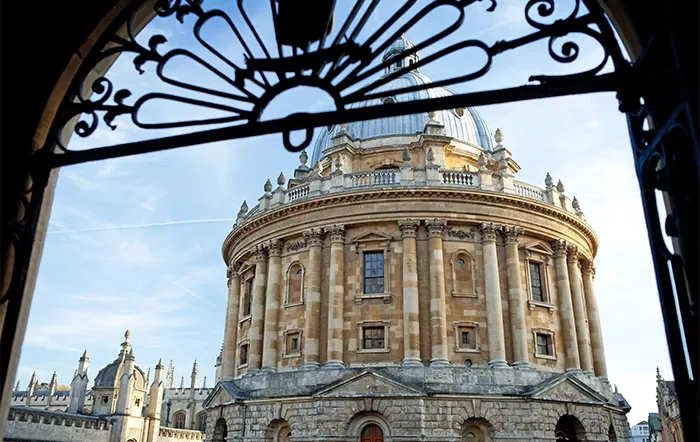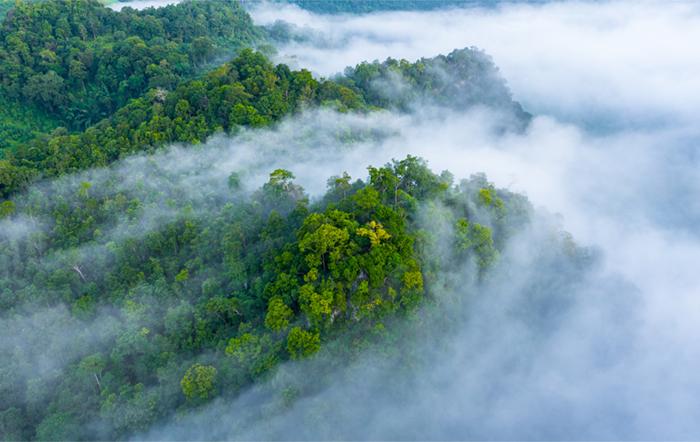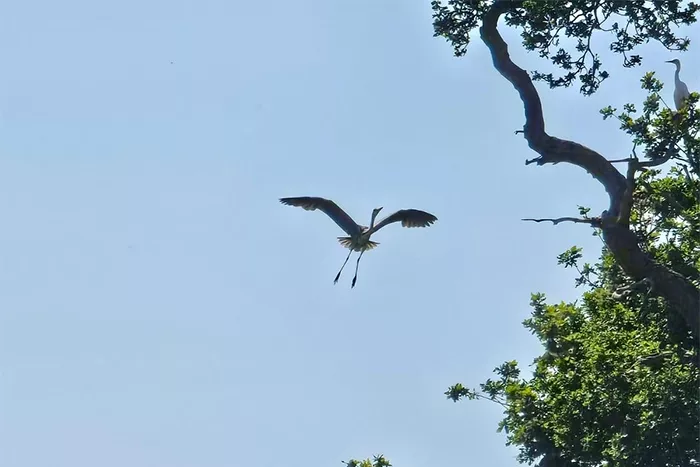The atmosphere’s growing thirst for water is making droughts more severe, even in places where rainfall has stayed the same. New research by Dr Solomon H. Gebrechorkos and Prof Simon Dadson et al in SoGE, published in Nature, finds that this “thirst” has made droughts 40% more severe across the globe.
News
A career surrounded by great people, with great intellect, doing great research
After forty years at the coalface of the energy industry and 16 years leading the Energy Research programme and teaching students at the Environmental Change Institute in Oxford, Professor Nick Eyre is stepping aside. For an accidental academic who ‘scraped into a place at Oxford’ as an undergrad, he’s carved out quite a career and during that time witnessed some impressive advances in energy sustainability.
Nick explains why he has great hopes for the future and the world his grandchildren will grow up in.
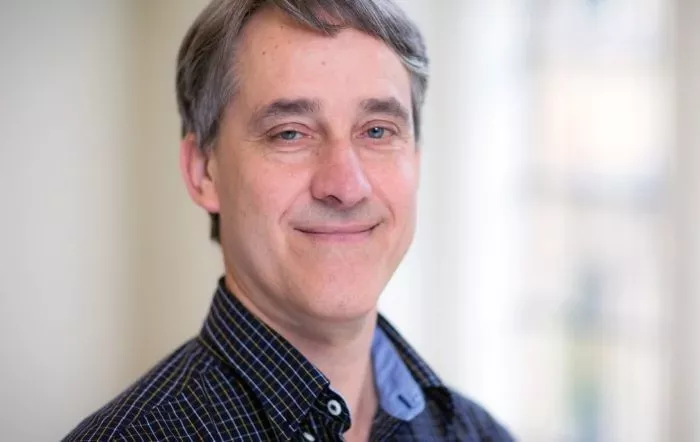
Successful Symposium Merges Natural and Cultural Heritage Perspectives
The second ‘Sites at the Intersection of Natural and Cultural Heritage’ (SXNCH) symposium was held in SoGE on 1 December and was a great success, drawing both in-person and virtual participation. This innovative event brought together academics and professionals from a variety of sectors from the UK and internationally, with approximately 50 in-person and 90 online attendees.
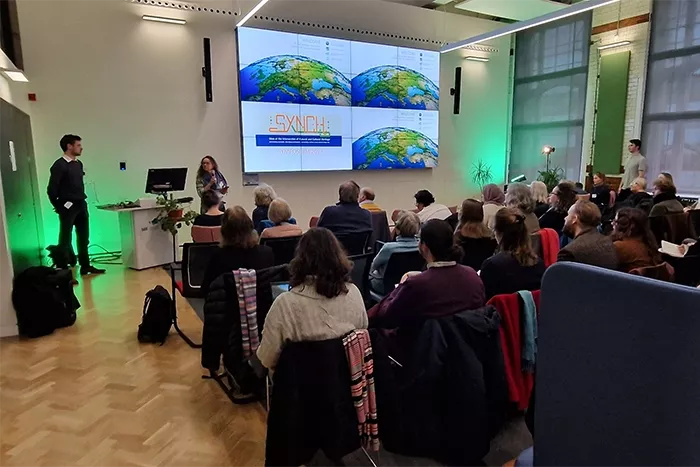
Ripples of Change: The Fair Water? Exhibition now open at the University of Oxford Museum of Natural History
At the University of Oxford Museum of Natural History, a groundbreaking exhibition "Fair Water?" has opened its doors, shedding light on water insecurity and working towards equitable water access.
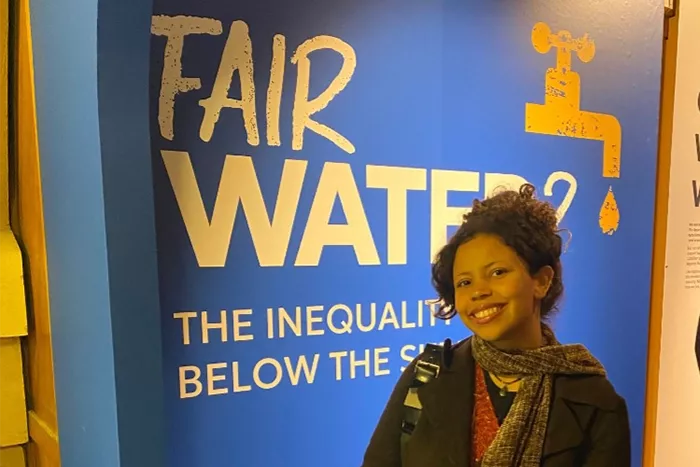
SoGE alumna's film 'On the Brink' triumphs at 2023 Women in Adventure Film Awards, spotlighting climate change's impact on glaciers
School of Geography Alumna Lucy Temple and Rose Aldridge’s award-winning short film, 'On the Brink', documents the dramatic effects of climate change on small glaciers in the Bernese Oberland, Switzerland, aiming to connect viewers emotionally with the growing fragilities of the alpine environment.

Rising numbers of people found long after death in England and Wales - study
Cases in which body is found decomposed have been steadily increasing since 1980, researchers say. Growing numbers of people in England and Wales are being found so long after they have died that their body has decomposed, in a shocking trend linked to austerity and social isolation. A new study published in the Journal of the Royal Society of Medicine by a team of researchers including Prof Danny Dorling has been featured in The Guardian.
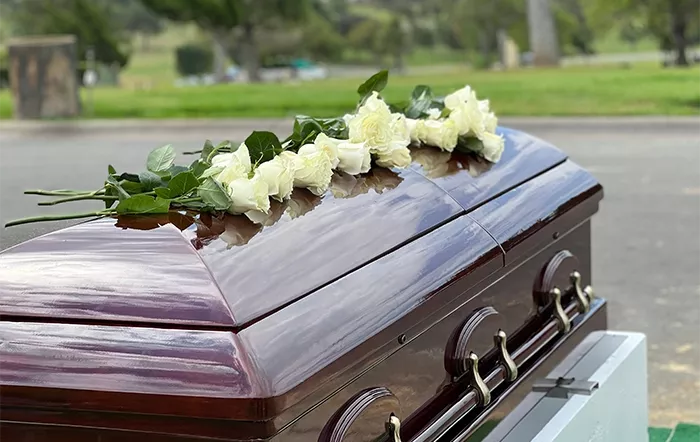
The Blenheim-Oxford Partnership: Partnering on high-tech heritage restoration
Blenheim Palace and the University of Oxford are partnering on a data-led approach to restoring the three-hundred-year-old building. Built to celebrate the Duke of Marlborough's 1704 victory at the Battle of Blenheim, the eponymous Blenheim Palace in Oxfordshire requires a major programme of restoration work. However, rather than just replacing individual stones that have failed, the Built Heritage Team at the Palace want to find out precisely why certain stones crack or flake, and others do not. To delve deeper into how the building performs, and so that it can prioritise where restoration budget is efficiently spent, the team has partnered with experts at the University of Oxford.
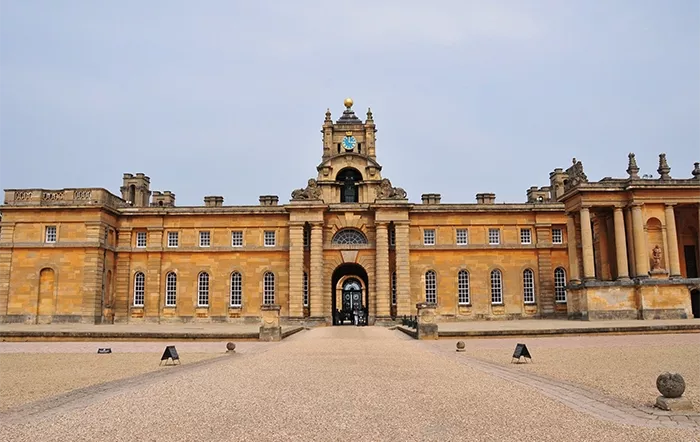
IMF and University of Oxford launch 'PortWatch' Platform to monitor and simulate trade disruptions
The IMF in collaboration with University of Oxford researchers has launched 'PortWatch', a new online portal a platform to monitor and simulate trade disruptions due to climate extremes and other shocks.

Emeritus Professor Robert Whittaker the recipient of the Alfred Russel Wallace Award 2023
Professor Robert Whittaker, Emeritus Fellow at St Edmund Hall and Emeritus Professor of Biogeography, has been announced as the 2023 recipient of the International Biogeography Society's biennial award for a lifetime of outstanding contributions by an eminent scholar in Biogeography.
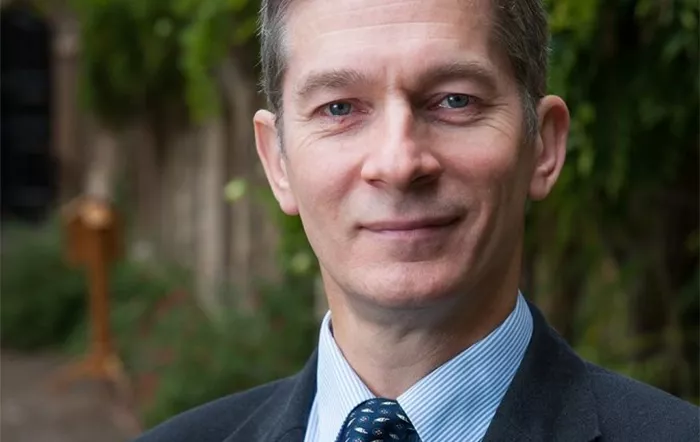
Andreas Malm at SoGE
A year ago, on November 9th 2022, the Economy and Society Research cluster, in partnership with the Faculty of Philosophy, hosted Andreas Malm, climate activist, to speak on eco-sabotage and on his latest research on the politics of overshoot.
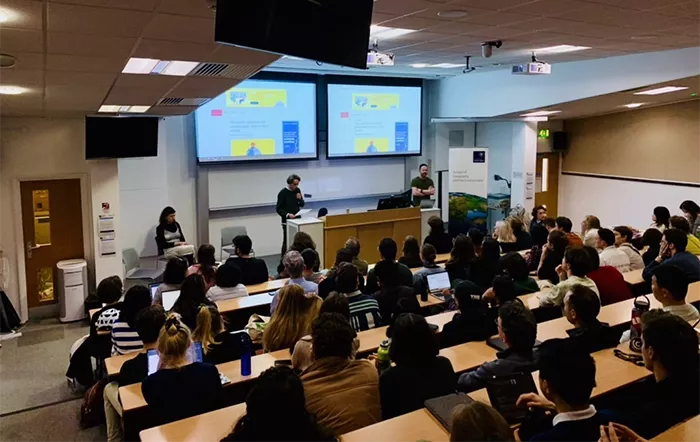
Oxford-led consortium wins £18 million in renewed funding for doctoral studentships
A consortium led by the University of Oxford has won over £18 million in expanded funding for doctoral and masters-to-doctoral studentships in the social sciences. The funding, awarded by the Economic and Social Research Council (ESRC), will support the recommissioned Grand Union Doctoral Training Partnership (DTP) which includes the School of Geography and the Environment.
